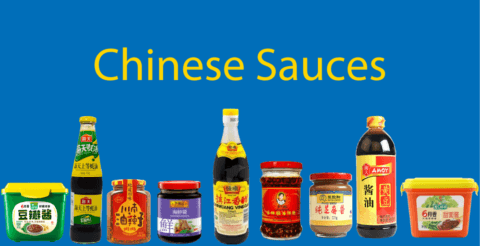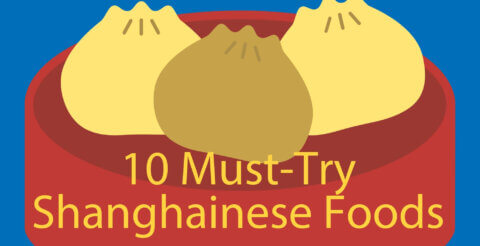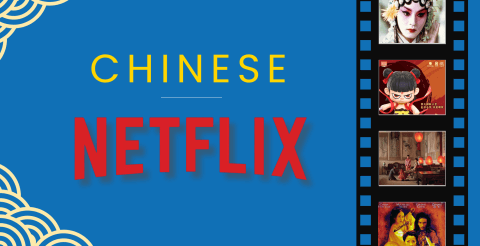What’s it REALLY Like to Live in Hangzhou?
This account of life in Hangzhou is written by Andrea, a friend and student of LTL.
上有天堂,下有苏杭
“Just as there is paradise in heaven, there are Suzhou and Hangzhou on earth” (shàng yǒu tiān táng, xià yǒu sū háng).
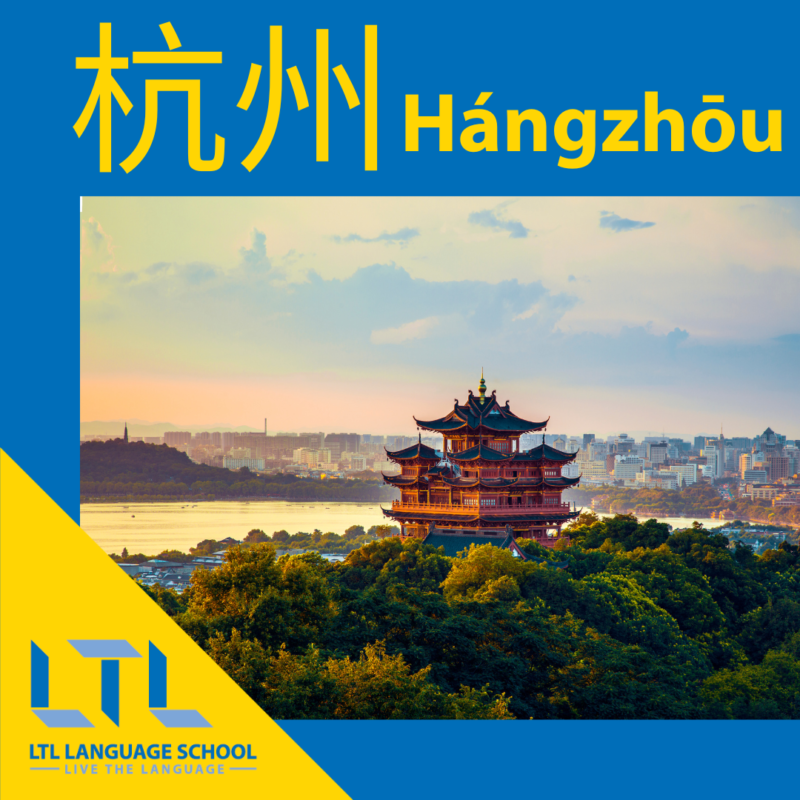
The amount of times I heard this sentence, as soon as my Chinese counterparts knew I had lived in Hangzhou, is far beyond my capacities or will to count.
But I must admit that, in blatant opposition to many other common sayings you will hear in China, this one is absolutely true.
Hangzhou is beautiful.
And the more you stay there, the more of its beauty is disclosed.
I’m not going to give you a touristy guide of things to do in Hangzhou (but if you do want one of those, you can check that out here!)
For me, Hangzhou was home for almost a year. As with anything in China, it became a part of me.
So today I’ll share with you my firsthand experiences of moving to, living in and ultimately leaving Hangzhou.
Living in Hangzhou || A Brief Introduction to Hangzhou
Living in Hangzhou || From Beijing to Hangzhou
Living in Hangzhou || The Beauty of the West Lake
Living in Hangzhou || A Night Owl’s Account
Living in Hangzhou || A Wealth of Food, Warmth and Silk
Living in Hangzhou || A Final Look Back
Living in Hangzhou || FAQs
A Brief Introduction to Hangzhou
Hangzhou first began to be settled between the 4th and 5th centuries.
The city was one of the capitals of China for a little more than a century (1132 – 1276).
Marco Polo, the Venetian merchant that travelled from the Maritime Republic of Venice at the end of the 13th century, described Hangzhou as “greater than any in the world and the number and wealth of the merchants, and the amount of goods that passed through their hands, was so enormous that no man could form a just estimate thereof”.
To learn more about Chinese history, check out our ultimate guide for beginners!

Exaggerations, obviously, but still a hint at the effect the city had on foreigners even in the distant past.
History is not the thing that makes Hangzhou beautiful for me, though. Nature is.
But hold it there!
At the beginning I was not so enthusiastic.
Beijing to Hangzhou || All the Way Down the Grand Canal
The Chinese performed many incredible architectural feats, one of my favourites is the Grand Canal.
This remarkable work of hydraulic engineering connects Beijing to Hangzhou.
That is actually the route I followed, as I moved there from Beijing.
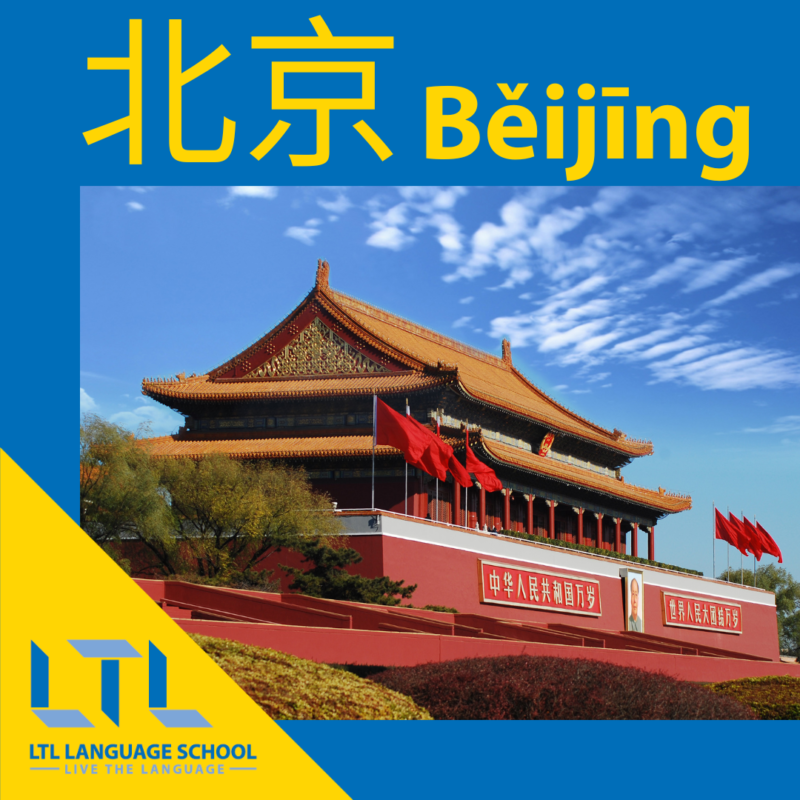
It was my first job in China, and I was overjoyed at the chance to work in the country.
But less so at the idea of moving from Beijing, the only China I had known till then.
People are often afraid of change, more so when they find themselves in a place so far from home, so different from home.
This was not my problem, to be honest.
Yes, I was scared of feeling lonely; I’d leave all my friends in Beijing.
But my real misgivings were far less poetic: I was afraid of confronting a different linguistic environment.
I recognise the stupidity of this now, but for me the idea of leaving the almost by-the-book Chinese of the north was not appealing. I wanted to keep a “pure” accent.
The first impression of my new home was bittersweet.
I arrived by train. The central station of Hangzhou at the time was not exactly the epitome of modernity and efficiency, even less of beauty. Quite the opposite.

Furthermore, just in front of it there was what in Italy would aptly be called an “eco-monster”. An unfinished building stood there, never to be completed nor demolished.
That was the bitter part.
But it was April.
Hangzhou is full of sweet osmanthus plants (桂花樹in Chinese) and April is one of the two months of the year in which they blossom.
Its sweet scent is intoxicating and extremely persistent.
For me it was a plunge down some childhood memories since I had one of these trees in my garden.
That was the sweet part.
Now I had a whole city of fragrant trees. And it was all mine for the discovering. Living in Hangzhou was about to become a reality.
The Beauty of the West Lake
It took a while. I had to settle at work, with my new flat and to take care of some bureaucracy. But I was ready to explore.
And since the city is known for its West Lake, that was the first thing I wanted to see.
I lived very close to the Qiantang Jiang, the river that stroked the city’s southeast and that now cuts it in two.
Fun fact about this river || in particular conditions the sea moves upstream for tens of kilometres generating a phenomenon known as a tidal bore (湧潮 in Chinese).
Fun fact two || the name of the river literally means “river of the pool of money” (or something of the sort). Chinese people love money! But let’s not get into that.
In the past fifteen years the city practically doubled in size, and a whole new world sprung up east of the river, in the area called Binjiang.
Binjiang’s newly built face responds to the Chinese desire to be modern and looked upon as a model for the future. It has its perks, but quite frankly, it is as anonymous as it can be.
You can’t spot a real difference between Binjiang and Pudong in Shanghai or a similar area in any of the major Chinese big cities.
A forest of soulless buildings made of steel and glass.

So, I did not really care to visit it.
I moved west, along Qingchun Street, that took me directly to the West Lake area.
On my way there I immediately noticed how the streets were clean and tidy, something I did not expect.
The area of Beijing where I had lived, Wudaokou in the Haidian District, was not particularly notable in this respect.
So, the second first impression was a good one.
The people around me were curious about my face, but not invasively so.
This made me think that Hangzhou was either used to or not particularly interested in Western traits.
There were cafés and restaurants, a Starbucks or two, neatly hidden until you approached the lakeside.
The humid climate of this part of China limits the visibility.
The ubiquitous lush completed this dream-like painting.
The shores of the lake have some promenades, and they are usually packed with tourists.
Hangzhou is one of the most visited cities in China. In China it’s pretty common to travel in groups tours.
But if you continue exploring, you will end up in a labyrinth of narrow paths, that go everywhere and to no place at all.
And if you insist a little more, going south and east, you will be rewarded with a green paradise like nowhere else I saw in China.
No tourists, almost no cars. It was me, the trees, and the water.
And this kind of walk became a sort of weekly habit I tried to keep. Maybe it is not your thing, but I did say that the beauty of Hangzhou is in nature.
The lake has a smell of its own.
Not particularly pleasant, I would say. But it’s a natural smell – even though the lake itself is artificial – and it was somehow refreshing for me when I was tired of the stench of traffic jams.
During my explorations, I noticed two things I had never seen before and would not see after in China.
I was walking in Wulin Square.
I was looking for a martial arts teacher to continue my training, and I chose this place, quite naively because of its name.
Wǔlín (武林) means “martial forest”. It is an umbrella word used to comprehensively describe the world of Chinese martial arts, both the schools and the people that practice.
Nothing. I could not even see the traditional groups of old people moving according to the routines of taiji.
Contrary to popular belief in both the West and in China, 99% of those old people in parks do not do real Tai Chi, but a largely watered-down imitation.
So, I did not find any master, but I found old people with birds and cages.
And the amazing thing was that they opened the cages, to let the birds roam and hover free.
They would not go far, they’d stay there in the radius of a few metres.
The birds sometimes even appeared to be looking for some sort of physical contact with the owner.
And it was beautiful. Where I come from birds stay in the cage and that is it.
The second thing I saw were street calligraphers.
These people used a very long brush, dipped it in a bucket of water, and wrote some verses or lines on the ground, that disappeared as soon as the water dried up.
This got me wondering and thinking a lot. Were they just practicing calligraphy? Why not do it at home and with the possibility of keeping what they had written and check their progress? Why outside?
I never summoned the courage to ask anyone, so I don’t know for sure.
But I thought that maybe the emotional or spiritual gain was not in the outcome or result, but in the activity itself.
They loved Chinese calligraphy. Writing and the present moment were the work of art, not what was written.
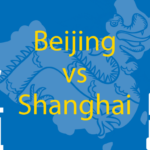
Beijing vs Shanghai (2025) // Your Comprehensive & Complete Guide
Beijing vs Shanghai — they couldn’t be more similar, and they couldn’t be more different. But which one is for you? Find out first with our in-depth guide.
A Night Owl’s Account
Living in Hangzhou, my daytime was mainly spent in the office. So often, I ventured out at night.
The Chinese use a similar expression (夜貓子, literally “night cat”) to describe a person whose circadian rhythms are confused. I was not one, never have been.
But as I worked during the day, I had no other options left.
I must say that Hangzhou at night is as charming as it is during the day.
The darkness has this ability to connect people, that tend to stick together to find protection from the unknown that lurks in it.
In fact, many dictators gave speeches at night precisely for this reason, according to Aldous Huxley.
Now, you can’t really find darkness in a contemporary Chinese city. They’re lit up like Las Vegas on steroids. But still, it was night.
And the atmosphere called for connection with other human beings, possibly with some music and drinks.

You guessed it, I went clubbing.
In Beijing I had experienced more nightlife than I would be comfortable to remember, with many excesses.
Here things went a little different. Let’s say that the whole night environment offered more mature choices.
The structure of a Chinese club in Hangzhou was totally new for me.
A person goes to a club to drink, connect and dance.
There are usually distinct areas to do these three things: bar, sofas, dance floors. At G-Plus, the club I used to go to, the third one was missing.
I am not sure of the reasons. But basically, the whole dancefloor was occupied by tables and stools where those patrons that lacked the money to reserve a table found a spot and sipped at a long drink made of Jack Daniel’s and commercial green tea.
Yes, I found it disgusting too…at first. But then I had to get used to it, because I was constantly invited to drink with some stranger, to their table.
It worked like this, and believe me, I am telling the whole truth. I bought my first and only paid drink at the bar, started chatting with a foreign waiter the club employed for eventual foreign customers (there were a few) and waited.
After not more than half an hour, a Chinese, man or woman, would come to me and tell me – their words not mine – that I was “extremely handsome” or something of the sort, in English of course.
At my reply in Chinese, he or she would freeze, put his or her hands in front of the mouth and laugh.
Then would come the invitation to drink with them. And that would be the end of me.
I had very random ideas about the Chinese etiquette, so since they kept on offering things to drink, I felt I could not refuse.
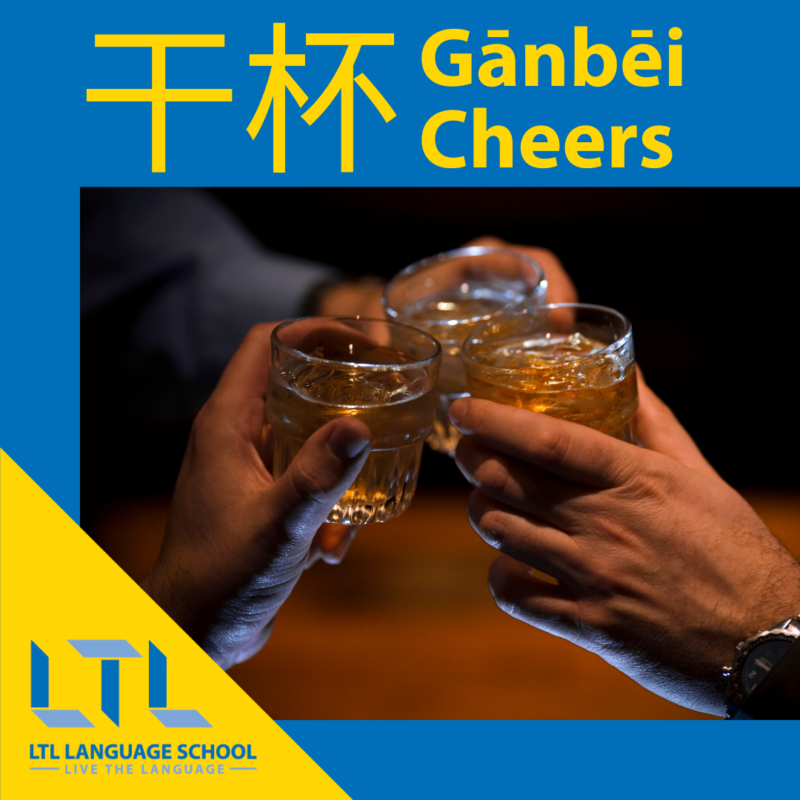
Besides, it is normal in China to drink with a single person even if you’re around a table with others.
So, what happened was that I would be repeatedly invited to drink with all the people, in turns.
They drank once, I drank as many times as they were.
I learned the people I was drinking with were fond of the using the expression 乾杯 gānbēi when drinking, which means “to dry the glass up”, or in other words, bottoms up.
There is a trick to get out of this infernal circle, a magic word – 隨意 suíyì, meaning ‘as you wish’ – that helps in defusing the situation.
But I learnt it much later, during business lunches and dinners with extremely wealthy people.
And let’s be honest, who was I to refuse free booze?!
But what do you do when you’re drunk and it’s time to go home? You look for something to eat, for one of the multiple places that serve a (past)-midnight snack.
Yeah, about that…no can do in Hangzhou, apparently.
I do not know why, but I was never able to find anything comparable to the amazing (and probably totally unhealthy) street food that was to be found in Beijing at any time of the day and of the night.
The night-eating tradition was not as flourishing as elsewhere in China. But this does not mean that the food there was not good, quite the opposite.
A Wealth of Food, Warmth and Silk
In my experience the more southern you move, the more refined the food is. And, for some reason, the farthest from the culture I was born into (Mediterranean).
Living in Hangzhou, you must be a serious fanatic of any dumpling!
I’d advise you to try the local bāozi (包子) and above all the shāomài (燒賣).
You can thank me later!
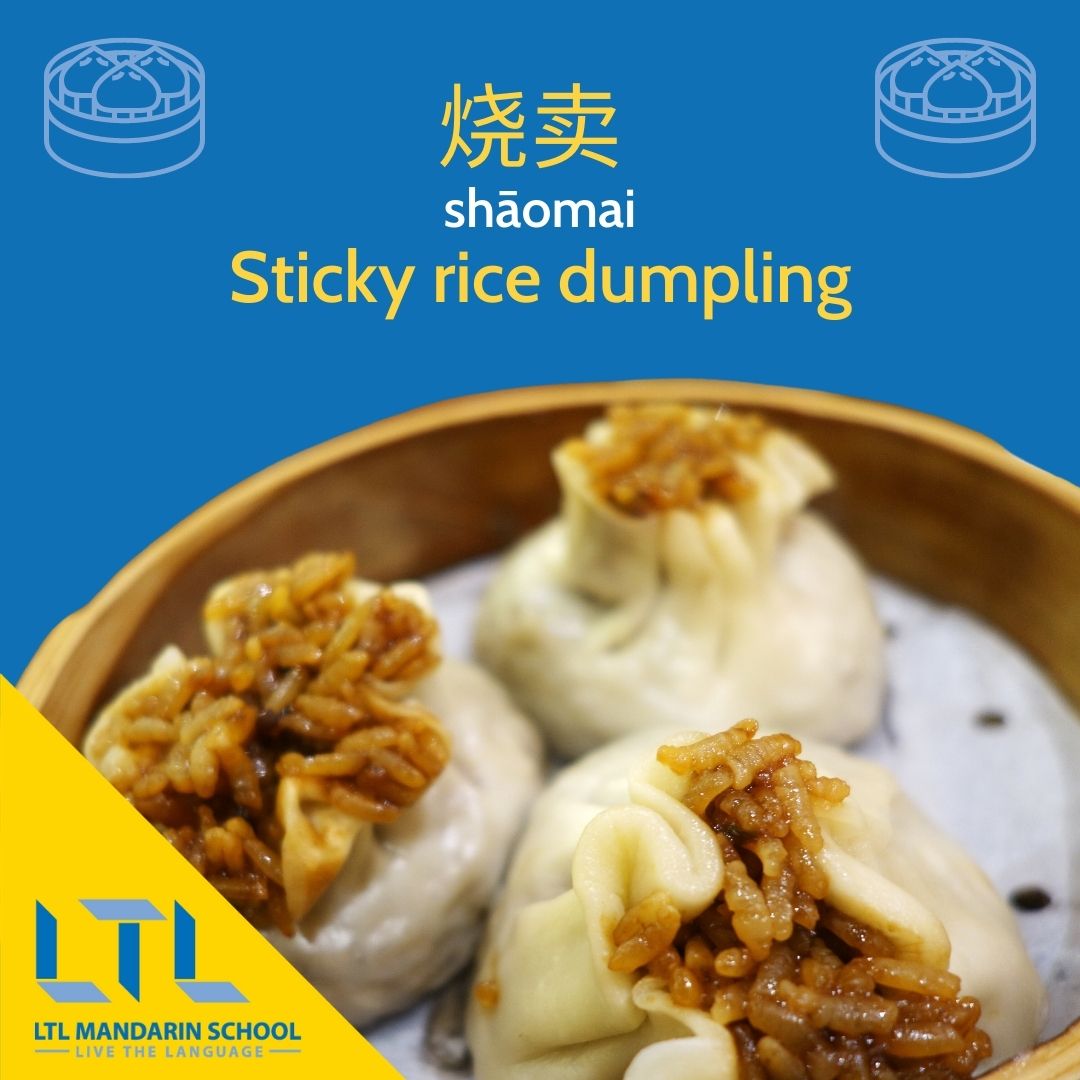
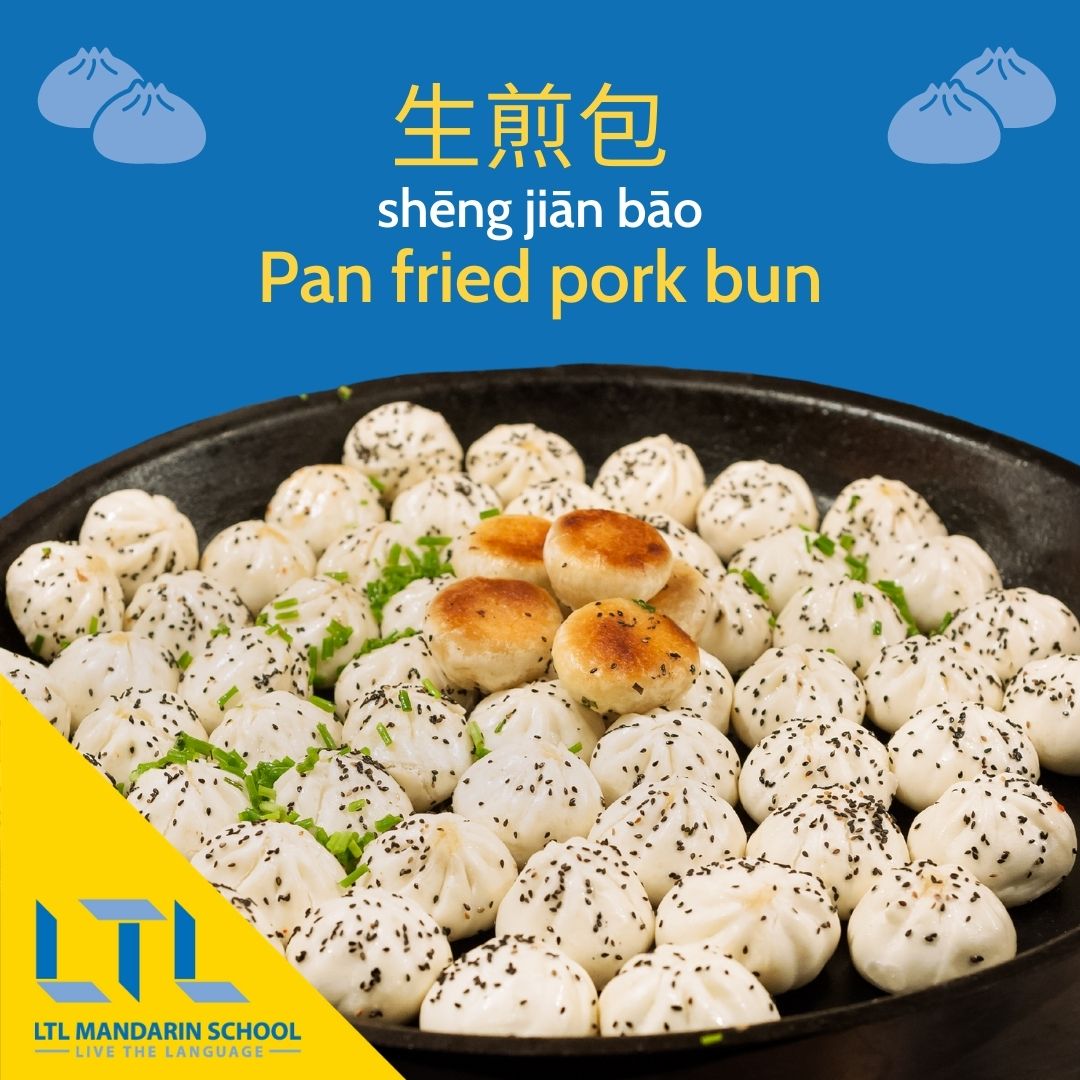
In general, flavours are more delicate here than in the north of the country.
And I could not but notice a sort of correspondence between the character of the people, the food, and the general elegance of things in Hangzhou.
The inhabitants are extremely polite and never, or almost never, loud. They move delicately, address you with kindness.
They are not prone to shouting or fighting. The other side of this coin is that they appear to lack that passion for life and vitality you see in Beijing or Changchun.
Don’t panic about ordering food in China – here’s our survival guide to Chinese menus!
The Chinese have a wonderful word to describe the traditional ideal of woman: 溫柔 wēnróu, which literally translates “warm and soft”.
People in Hangzhou are like this, they’re warm, but not so much as to burn you, and soft, so that they bend, but not break.
I am of course generalising to be concise. Besides, there is plenty of Dōngběirén (東北人Chinese from the North-east) in Hangzhou, especially from Harbin.
It is also worth mentioning that Hangzhou is the world silk capital and the beginning of the Silk Road.
Needless to say, being at one terminus of the Grand Canal and at the origin of one of the most flourishing and long-lived commercial routes of history worked quite well for the pockets of the locals.
The city has always been extremely rich, and it maintains its status of wealth even now, since it is the hometown of Jack Ma, founder of Alibaba, whose headquarters are on the shores of the West Lake.
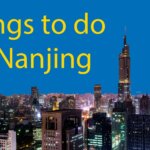
Things To Do In Nanjing // Weekend Away From Shanghai
We reveal eight, great things to do in Nanjing! With plenty of beautiful scenery and lots of greenery it’s an ideal location to escape the city.
A Final Look Back
What can I say, I am in love
Hopefully I managed to convey the total change of heart I had in comparison with the initial resistance to move from Beijing.
Although I wasn’t totally wrong about the language difficulties.
The accent of the south initially proved a little difficult to understand.
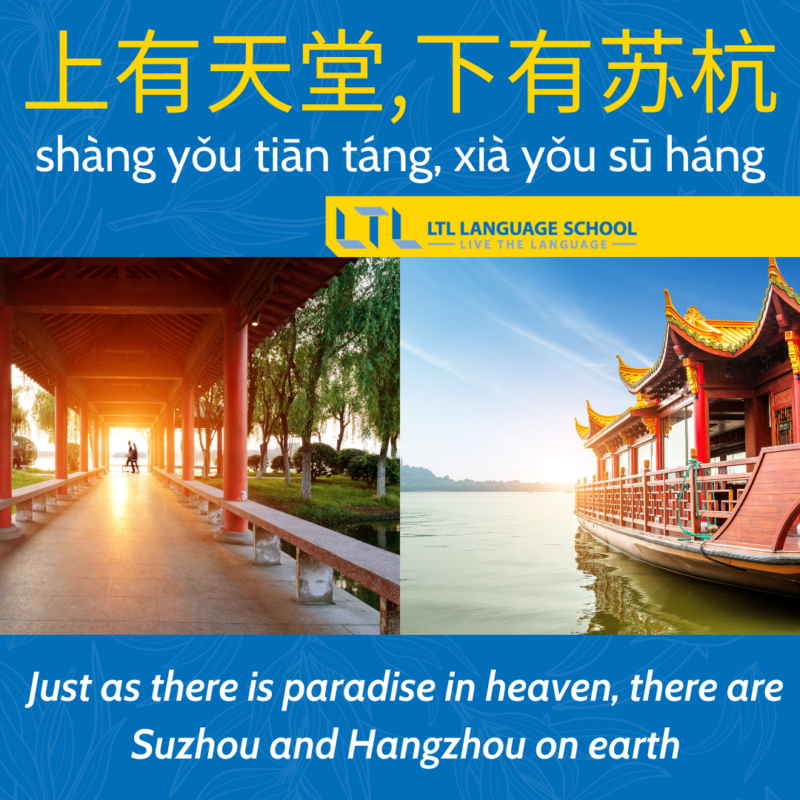
In most of the Chinese local accents there is no difference between “s” and “sh”, for example.
This can be a serious problem, if you do not get the tones right. 14 shísì and 40 sìshí sound identical to a non-initiated to the Chinese language.
Apart from that, Zhejiang dialects have some peculiarities.
Just to mention one, they do not distinguish between “l” and “n”.
True story.
So – sorry we’re going a little technical here – the final particles 了 le and 呢 ne are read in the same way…and they can mean two totally opposite things.
It was challenging, as you can imagine. At the same time extremely rewarding.
I fell in love with the place, so much so that after years I still think of living in Hangzhou with tenderness.
And of course, I learnt something very important from my staying there.
I learnt that I did not know anything about China, or that I knew very little.
One can not really say they love China if they were only in Beijing. Or claim they know something of a continent, whose history spans through millennia and whose reach is of thousands of miles, if they’ve just lived in the international Shanghai.
Well, at least I do not think you can. And I am very happy my worries were dispelled so thoroughly.
上有天堂,下有苏杭。
Living in Hangzhou || FAQs
How do you say Hangzhou in Chinese?
In Chinese, Hangzhou is 杭州,pronounced Hángzhōu.
What to do in Hangzhou?
There’s plenty to see and do in the beautiful city of Hangzhou, including exploring the West Lake and visiting the Lingyin Temple.
For more ideas, why not check out our guide on what to do in Hangzhou!
Where is Hangzhou?
The south of China.
Hangzhou is located in northern Zhejiang Province, about an hour from Shanghai on the high speed rail.
What is the average cost of living in Hangzhou?
Not including rent, the average cost of living for one person per month in Hangzhou is $490USD a month.
Want more from LTL?
If you wish to hear more from LTL Mandarin School why not join our mailing list.
We give plenty of handy information on learning Chinese, useful apps to learn the language and everything going on at our LTL schools!
Sign up below and become part of our ever-growing community!
BONUS | Want to study the local dialect known as Shanghainese? We provide Shanghainese Classes in person and online.


 Hi, my name is Mojca. I am from Slovenia in Europe and I and I work as a student advisor at our Shanghai school.
Hi, my name is Mojca. I am from Slovenia in Europe and I and I work as a student advisor at our Shanghai school.




